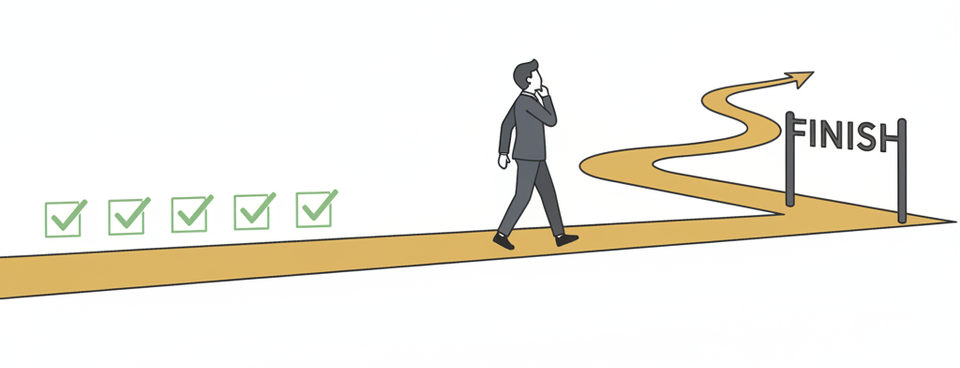When the Perfect Candidate Wasn't So Perfect (and What I Learned)

Let me tell you about a time I thought I had the perfect candidate. Resume? Check. Experience? Check. Glowing references? Double-check. This physician seemed like a slam dunk for a tough-to-fill position in a rural community. I was already picturing the press release!
We went through the whole process – initial calls, site visit, even preliminary contract discussions. Everything seemed to align. They loved the community, the hospital, and the team. I was feeling pretty good about myself, to be honest.
Then, a week before they were supposed to sign, I got the call. They were pulling out.
My initial reaction? Disappointment, of course. A little bit of frustration, too. I’d invested so much time and energy into this recruitment. I started replaying every conversation in my head, wondering where I’d gone wrong. Had I missed something?
After a few deep breaths (and maybe a strong coffee), I realized this wasn't about me. It was about the candidate. They had received an unexpected offer closer to family, a factor they hadn’t fully disclosed initially. It wasn't about our community or the opportunity; it was about their personal circumstances.
This experience taught me a few valuable lessons:
Dig Deeper: While resumes and interviews are important, it’s crucial to understand the candidate’s full context. Ask open-ended questions about their long-term goals, family situation, and any potential roadblocks. It's not about being nosy; it's about ensuring a good fit for everyone involved.
Control What You Can Control: You can’t control someone’s personal circumstances or unexpected offers. Focus on what you can control: providing a positive candidate experience, showcasing your community effectively, and building strong relationships.
Every Interaction is Valuable: Even though this candidate didn’t join us, the process wasn’t a waste. I built a valuable connection and learned more about the candidate’s needs. You never know when these connections might come in handy down the road.
Recruitment, like life, is full of unexpected twists and turns. Sometimes, even the “perfect” candidate isn’t the right fit. But by learning from these experiences and focusing on what we can control, we can become better recruiters and build stronger communities.
This entire experience was a lesson in asymmetric thinking. The "harder" work would have been to fight, to counter-offer, to try and force the fit. The "smarter" work—the asymmetric move—was to accept the situation, learn from it, and preserve the relationship. That small shift in perspective is what turns a frustrating loss into a long-term strategic asset.





